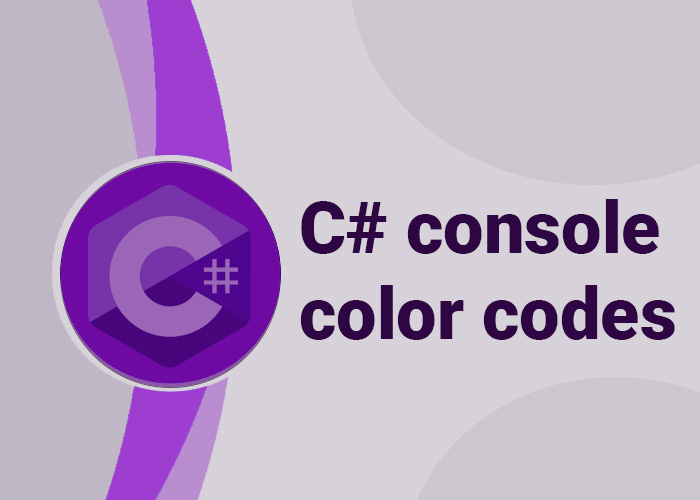Advantages of Using Anonymous Methods in C#
Anonymous methods in C# provide a way to define inline methods without explicitly declaring them, using the delegate keyword. Introduced in C# 2.0, anonymous methods allow developers to write cleaner and more maintainable code by reducing the overall number of elements needed to implement certain behaviors. This article outlines the significant advantages of using anonymous methods in C#.
1. Simplified Syntax
Anonymous methods help simplify C# code by eliminating the need to define separate method names for short delegate uses. This is particularly useful in scenarios involving event handling and callback functions, where the method logic is short and only relevant within a specific context.
Example of Simplified Syntax:
button.Click += delegate(object sender, EventArgs e) {
MessageBox.Show("Button clicked!");
};
In this example, an anonymous method is used to handle a button click event directly within the event subscription code, avoiding the overhead of a separately defined method.
2. Closure Over Local Variables
Anonymous methods can access and modify variables from the enclosing method scope. This ability to capture local variables, known as closures, makes it easier to write functions that maintain state between invocations without using additional fields at the class level.
Example of Closure:
int factor = 10;
Func<int, int> multiplier = delegate(int x) {
return x * factor;
};
Console.WriteLine(multiplier(5)); // Outputs: 50
Here, the anonymous method captures the factor variable from its outer scope.
3. Convenience in Code Maintenance
By using anonymous methods, you can define logic right where it is used, which enhances readability and maintainability. There’s no need to scroll through the source file to find method implementations, especially when these are straightforward or used only in a single location.
4. Reduced Code Clutter
Anonymous methods help reduce the number of named methods in your codebase, which can reduce clutter and improve the organization of your code. This is especially beneficial in large projects where maintaining a clear and concise codebase is crucial.
5. Enhanced Event Handling
Anonymous methods are particularly useful in event handling scenarios, where they allow event handlers to be declared inline. This inline declaration can make it easier to understand the flow of event-driven programs by keeping event registration and handling logic together.
Example in Event Handling:
timer.Elapsed += delegate {
Console.WriteLine("Timer ticked.");
};
This code snippet shows how an anonymous method can be used to handle a timer tick event directly, without separating the logic into a different method.
6. Flexibility
Anonymous methods provide the flexibility to encapsulate code logic that doesn’t need to be reused elsewhere. They are ideal for implementing simple, one-off functionalities that do not merit a full method declaration.
Conclusion
Anonymous methods in C# offer a range of benefits from simplified syntax to improved code maintainability and readability. They allow developers to write more expressive and concise code, especially in scenarios involving small units of logic such as callbacks and event handlers. Understanding when and how to use anonymous methods effectively can greatly enhance your productivity and the quality of your C# projects.





